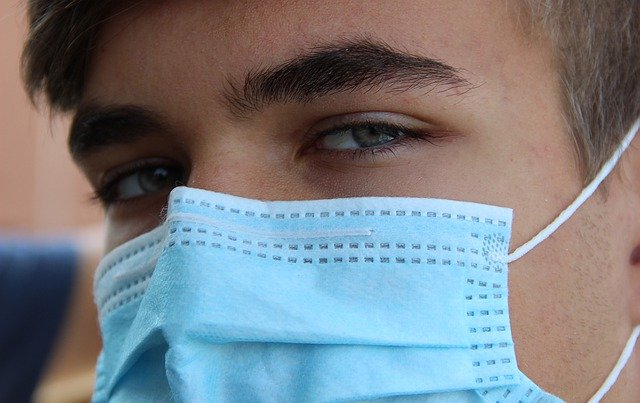
The government has today (April 6) confirmed that face coverings should continue to be worn in secondary school and college classrooms as a precautionary measure when students return after the Easter break.
The aim is to limit the risk of transmission and enable continued monitoring of the effect of school and college returns with twice weekly testing.
It is expected that face coverings will no longer be required to be worn in classrooms, or by students in other communal areas, at step 3 of the roadmap, which will be no earlier than May 17.
At that point the next stage of restriction easing, including increased social contact indoors, is expected to be confirmed following a review of data on infection and vaccination rates
All changes will be confirmed with one week’s notice and all other safety measures will remain in place, including regular asymptomatic testing, smaller group bubbles, increased hygiene, ventilation, and social distancing where possible.
Education Secretary Gavin Williamson said: “The return to school and college from March 8 has been an incredible success and I would like to thank staff, parents and pupils for their compliance with the guidance on reducing transmission of the virus. Our latest data also showed that attendance in school remains higher than at any point during the autumn term.
“On top of the protective measures previously in place such as regular handwashing and ventilation, we introduced face coverings in the classroom for secondary schools and colleges to help reduce transmission in parallel with the introduction of twice weekly testing.
“Schools and students have done a great job adapting to Covid secure guidance and working hard to make sure it doesn’t impact learning. We obviously all want to get back to facemask-free classrooms and we will do this in line with the latest scientific data while balancing the interests of students, teachers and the wider community.”
Those who are currently exempt from wearing face coverings will remain so, including pupils or staff who are speaking to or providing assistance to someone who relies on lip reading, clear sound or facial expression to communicate.

